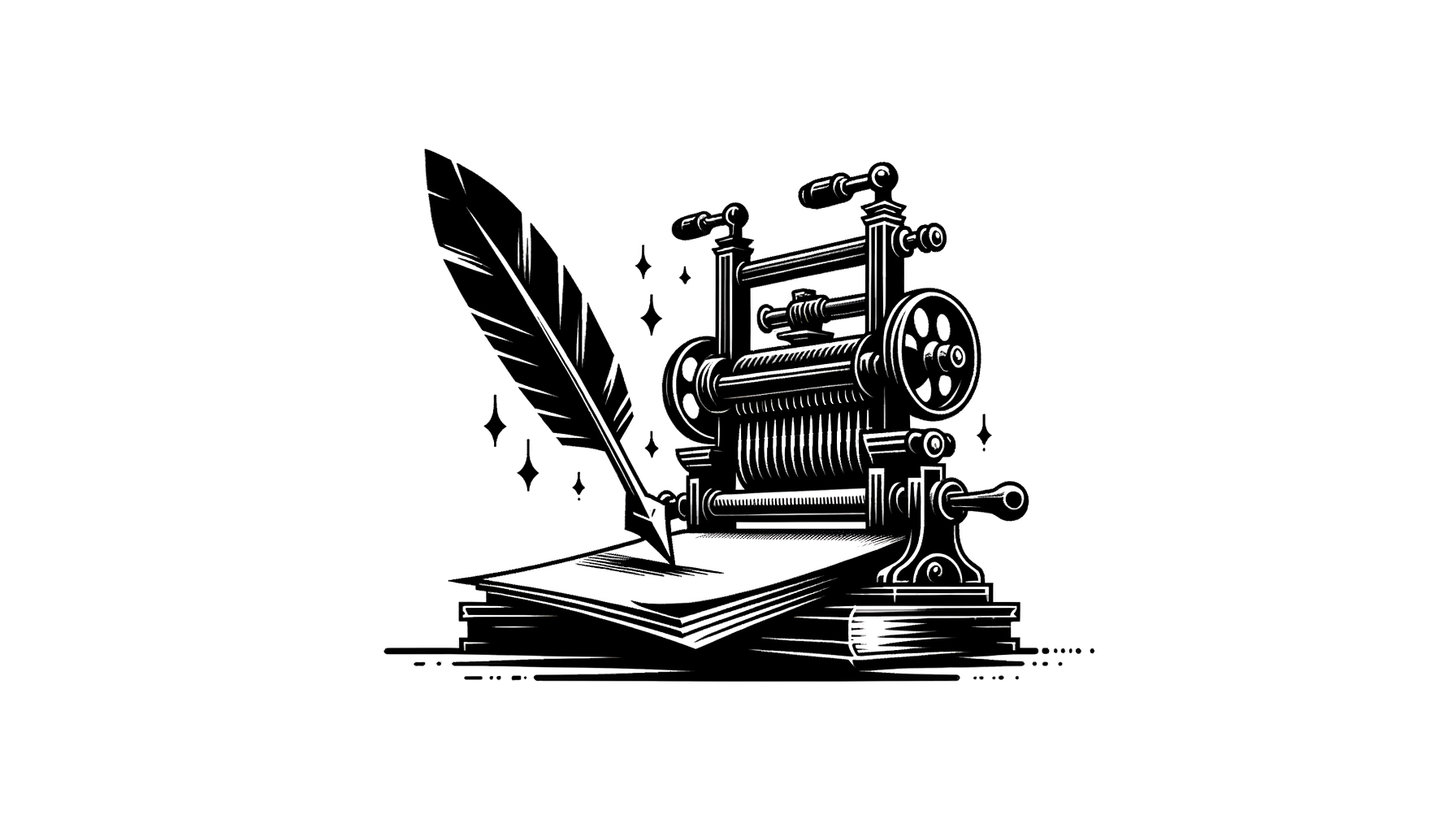It was a crisp June morning in Santorini, the kind of day where the Aegean sparkled like a sapphire in a spotlight. The island was waking up—shopkeepers rolling up shutters, tourists chasing the swirl of their cappuccino foam with a spoon. But I wasn’t paying attention to any of that. My modest laptop sat on a cafe table in front of me, a freddo espresso sweating beside it. My hands hovered over the keyboard, trembling, a strange mix of anticipation and dread coursing through me. That morning, I hit “Publish” on my first ever article, and it changed everything.
Looking back, that first byline wasn’t Pulitzer material. It was a travel vignette—a romantic ode to life on the islands—describing what it’s like to sip raki under a jasmine-laden pergola with strangers who, an hour later, feel like lifelong friends. I’d written about Crete’s slow rhythms, food that felt like love letters, and fleeting, undeniable sparks of connection that transcended language. A bit indulgent? Maybe. But the words, raw and unvarnished, were mine.
I waited, clicking refresh obsessively like someone waiting for a text from a crush. Would anyone read it? Would they get it? Would they care? And what if they hated it? It felt like baring my soul to a crowded room, hoping someone—anyone—would smile instead of backing away awkwardly.
Love, Greek-Style: Vulnerability in Writing and Relationships
Here’s the thing about writing your first piece—or entering your first serious relationship: you're caught somewhere between exhilarating risk and vulnerable exposure. You’re putting a part of yourself “out there,” whether it’s your little quirks or a clumsily translated idea of who you might be. There’s a thrill in it, sure. But there’s also the gnawing terror that your imperfections—be it a dangling preposition in your article or a weird ability to quote The Godfather in any situation—will be too much.
My first byline felt like a romantic first date with my future self. I wasn’t sure if anyone would click on it or care about the leisurely elegance of Cretan afternoons, but just like you never quite know how chemistry on a first date might play out, I leaned into the uncertainty. That act—pressing “Publish”—was an invitation for connection, a little like showing up with flowers to someone’s door.
If I’ve learned anything from years of living between Athens, London, and islands speckled across the Mediterranean, it’s this: vulnerability is where all the interesting stuff happens. It’s why I kept writing and why, much like in love, I started taking bigger risks. And as it turns out, the world responds better when you show up real, imperfections and all.
What I Learned About Feedback (and Dates That Rate Like Souvlaki)
Ah, feedback. The less romantic cousin of writing—or dating, for that matter. It started trickling in. That first article didn’t go viral, but a few comments rolled in. “This feels like I can smell the sea,” one reader wrote. Another chimed in: “Isn’t life on Crete a bit, well, slow for young people?” It stung—a lot, if I’m being honest. I wanted this perfect debut. But, let’s face it, you don’t eat your first souvlaki wrap without spilling tzatziki onto your shirt. Writing, like dating, is messy, because it involves humans and their delicious, unpredictable messiness.
One crucial realization dawned on me. The feedback wasn’t wholly about me. Sure, that reader found Crete “slow,” but she’d probably find a romantic beach moment slow, too. Other people’s preferences, whether it’s for cities that never sleep or lovers who always text first, don’t negate the value of your truth. It’s in accepting this—and maybe laughing when the metaphorical roasted tomato splats your shoe—that you grow.
Want a takeaway? Be open to feedback. But, in writing and love, remember that not every critique requires a rewrite of who you are. If you’re clear about what you’re offering (in my case: evocative escapism), the right people will gravitate your way.
Failures at the Table: Editing and Unspoken Greek Rules
Confession: That first article had some embarrassing errors. I miscounted the Domes of Heraklion (there are two, not three), forgot to hyphenate “sun-drenched,” and perhaps overused “magical” like it was the summer's hottest accessory. I wouldn’t have caught it without my editor, Sofia, who gently pointed out that I needed to hold my prose to the same standards I held my moussaka recipe.
Editing, much like listening in evolving relationships, is where the transformation happens. Every word—or sentiment—doesn't need to stay. In dating, we idealize the unspoken needs that our partner should anticipate: "Do they not get that I need them to ask about my day more specifically?” (Replace “day” with “semi-colon usage,” and you’ll understand the editor-writer dynamic.)
Pro tip: whether it’s tweaking an article or communicating something awkward with your partner, trust that a little pruning won’t kill the vine. Sometimes the sweetest relationships, and stories, emerge when you choose simplicity over perfection.
Celebration Isn’t Optional
Back to Santorini. When I realized that article had garnered modest yet heartfelt engagement, I didn’t shrug it off or worry about what came next. I celebrated—one raki toast at a time. My cousin, Kostas, declared we needed a family-sized platter of octopus. My neighbor, Eleni, brought figs so ripe they looked like contraband. And me? I learned to embrace joy in the small wins.
This is, I believe, essential to life, love, and daring to put yourself out there. Celebrate small victories unapologetically. Whether it’s someone telling you that one line made them cry (that happened to me, and it was like fireworks in my chest) or your date declaring that your playlist vibes perfectly with theirs, joy deserves its moment.
Full-Circle Connection
Years later, writing remains my connection to the world, an extension of the conversations I once eavesdropped on at my family’s restaurant booths. My first byline wasn’t perfect—most good things aren’t—but it was an honest offering. A glimpse of me, hoping it might tug a heartstring or spark reflection.
Today, I write with the same optimism as the boy hitting “Publish” in Santorini. Yes, it’s nerve-wracking to peel back a layer and offer the world your thoughts (or your soul). But isn’t that where the magic happens? Life’s beauty is in the leaps of faith, whether it’s writing a dreamy travel piece for strangers or leaning into the possibility of love with someone who sees all your flaws and quirks—and stays anyway.
So, to you, whether you’re toying with writing, relationships, or the idea of vulnerability: take the plunge. It’s worth it. Even if you spill tzatziki—or metaphors—all over yourself in the process.




















